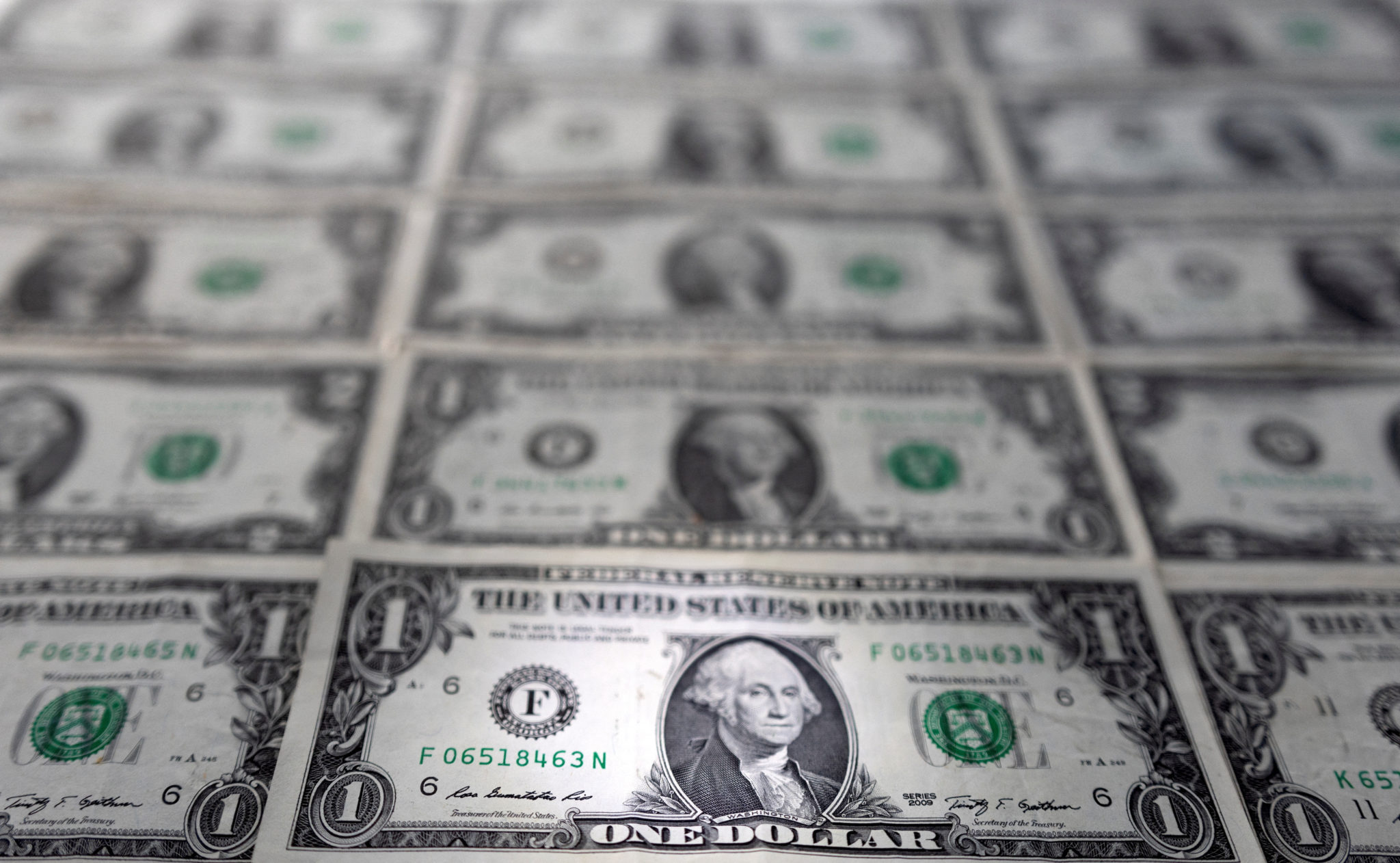Guyana’s new Petroleum Activities Act, which was signed into law by President Dr. Mohamed Irfaan Ali, includes stringent provisions targeting companies that delay payments under their petroleum agreements with the government. Timely payments, encompassing royalties, training funds, and contributions to environmental and social projects, are vital for the nation’s development. The legislation ensures that companies not only make these payments but do so promptly.
To understand the financial implications of these late-payment penalties, let’s delve into a hypothetical scenario.
Imagine an oil company has been late in making a royalty payment of US$30 million to the government. Based on the Act’s provisions, a penalty will be levied on this unpaid amount at the rate of one-third of one percent (or 0.3333%) per day. This amount will be compounded daily until the debt is fully settled.
Guyana hikes royalty to 10% in major overhaul of PSA fiscal terms | OilNOW
To illustrate the mathematics:
On Day 1: Penalty = $30,000,000 x 0.3333% = $99,990.
So, the new balance = $30,000,000 + $99,990 = $30,099,990.
On Day 2: Penalty = $30,099,990 x 0.3333% = $100,333.27.
New Balance = $30,099,990 + $100,333.27 = $30,200,324.27.
Repeating this process for 30 days would mean that the oil company’s compounded penalty would be considerably higher than if it were a simple interest calculation.
By Day 30, after applying the daily compounded penalty, the total amount (original debt plus penalty) would exceed US$33 million. Thus, for a US$30 million royalty payment that’s 30 days late, the company would have to pay an additional penalty of more than US$3 million.
Guyana’s maiden bid round targeting minimum of US$170M in signing bonuses | OilNOW
Under the Revenues and Financial Guarantees section of the Act, companies are exposed to rental fees, signature bonuses, retention fees, royalties, training fees and financial support for environmental and social projects.
The government is currently accepting bids from companies for 14 offshore blocks in its first ever offshore licensing round.



